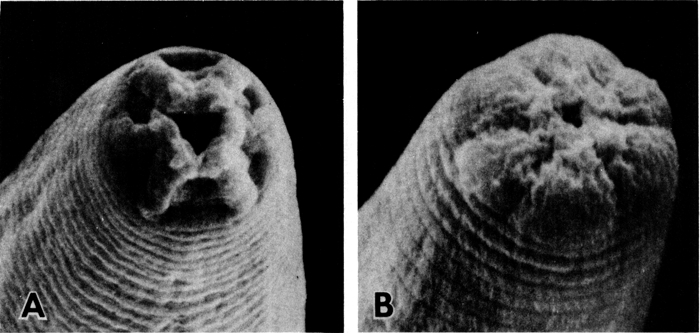
In “Is Evolution Predictable?” (Science, 17 August 2011), Elizabeth Pennisi tells us that the answer may be yes:
Many biologists have argued that evolution depends on too many chance events to be repeatable. But a new study investigating evolution in three groups of microscopic worms, including the strain that survived the 2003 Columbia space shuttle crash, indicates otherwise. When raised in a lab under crowded conditions, all three underwent the same shift in their development by losing basically the same gene. The work suggests that, to some degree, evolution is predictable.
Okay. Pennisi takes the time to unfold for us the curious life history of the nematode worm, as follows:
A young worm takes one of two life paths: Either it matures in 3 days, reproduces, and dies within 2 weeks, or it goes into a state of suspended animation, remaining what’s called a dauer larva. Dauer larvae don’t eat, and they can survive stressful environmental conditions for months before turning into adults. Typically, too little food, the wrong temperature, or crowded conditions prompt young worms to become dauer larvae.
The worms know whether they should become dauer larvae: They
…. know their numbers are too high because they can sense odor chemicals called pheromones emitted by their peers. When there’s too much pheromone, they choose the dauer route.
But then researchers found that one old lab strain was not following the pattern; it never “dauered.” Under favourable “lab food” conditions, it had lost the genes for that.
So the researchers studied this “evolutionary change” in the strain of worms that flew (and survived) Columbia, and found that the whole strain had lost it.
Other researchers have uncovered instances in fruit flies, cavefish, and stickleback fish wherein evolution has taken the same path more than once. This work is “another excellent example,” says Princeton University evolutionary biologist David Stern. These cases, Bargmann says, are “opening our eyes to a new way of thinking about how evolution happens.”
Yes, evolution happens, but – when detected in nature – it always seems to involve loss of traits. So evolution consists then, of loss of original traits?